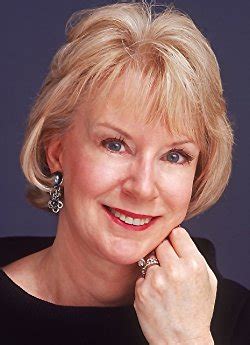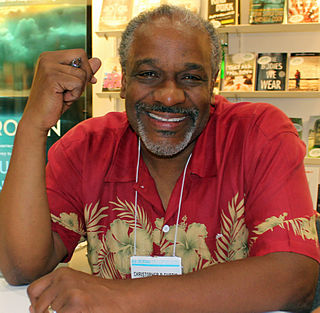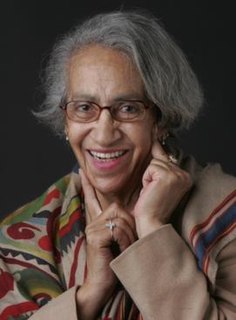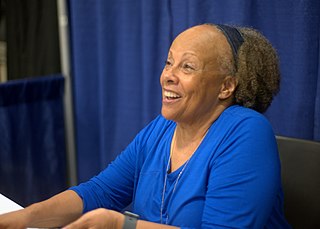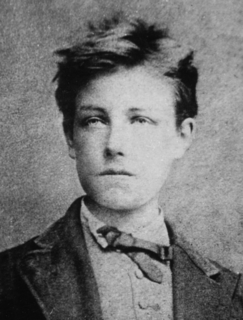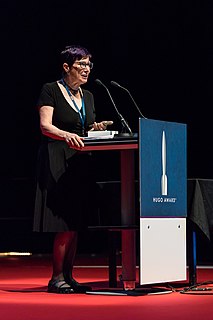A Quote by JoAnn Ross
I've always loved books. My mother told me that before I could talk, I'd babble in my crib as I turned the pages of my little cloth books, apparently telling stories to go along with the pictures.
Related Quotes
As soon as I got into the library I closed my eyes and took a deep breath. I got a whiff of the leather on all the old books, a smell that got real strong if you picked one of them up and stuck your nose real close to it when you turned the pages. Then there was the the smell of the cloth that covered the brand-new books, books that made a splitting sound when you opened them. Then I could sniff the the paper, that soft, powdery, drowsy smell that comes off the page in little puffs when you're reading something or looking at some pictures, kind of hypnotizing smell.
He would talk to them of stories and books, and explain to them how stories wanted to be told and books wanted to be read, and how everything that they ever needed to know about life and the land of which he wrote, or about any land or realm that they could imagine, was contained in books. And some of the children understood, and some did not.
One summer I was homeless in L.A., when I was about fifteen, and I used to go to the library to get books. I would have books in abandoned cars, in the seats, cubby holes on the L.A. River, just to have books wherever I could keep them, I just loved to have books. And that really helped me. I didn't realize it was going to be my destiny; I didn't know I was going to be a writer.
I was already doing a lot of splendid research reading all the books about ghosts I could get hold of, and particularly true ghost stories - so much so that it became necessary for me to read a chapter of _Little Women_ every night before I turned out the light - and at the same time I was collecting pictures of houses, particularly odd houses, to see what I could find to make into a suitable haunted house.
For a long time I found the celebrities of modern painting and poetry ridiculous. I loved absurd pictures, fanlights, stage scenery, mountebanks backcloths, inn-signs, cheap colored prints; unfashionable literature, church Latin, pornographic books badly spelt, grandmothers novels, fairy stories, little books for children, old operas, empty refrains, simple rhythms.
The books in Mo and Meggie's house were stacked under tables, on chairs, in the corners of the rooms. There where books in the kitchen and books in the lavatory. Books on the TV set and in the closet, small piles of books, tall piles of books, books thick and thin, books old and new. They welcomed Meggie down to breakfast with invitingly opened pages; they kept boredom at bay when the weather was bad. And sometimes you fall over them.
